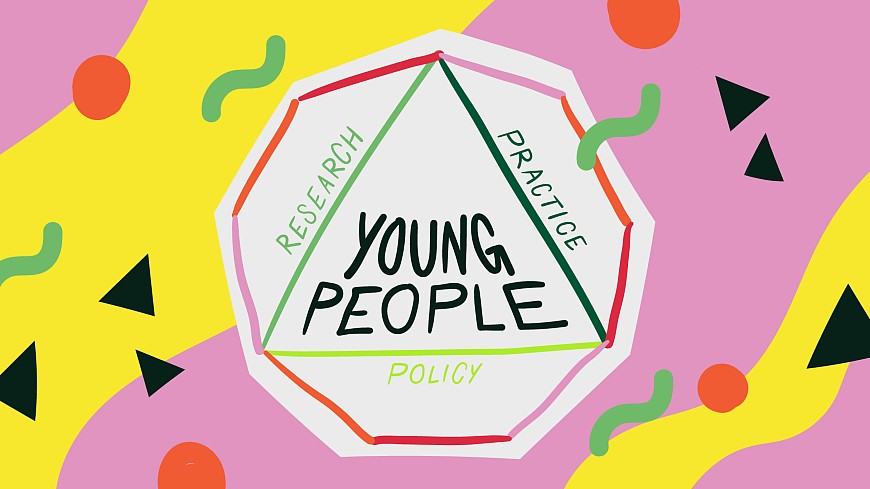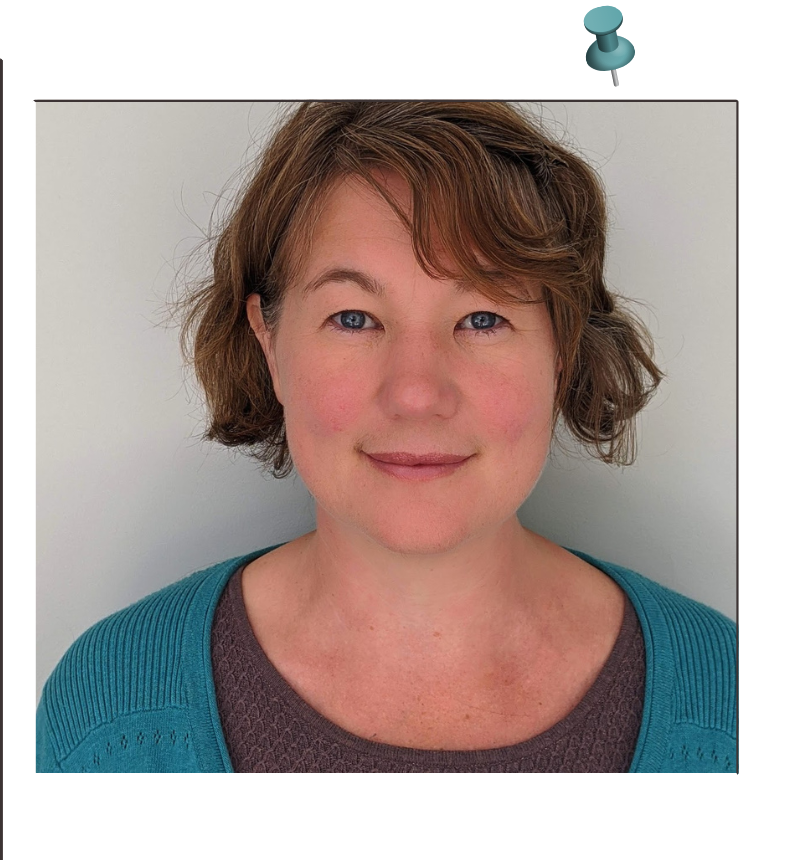EYWC 2020: Policy perspectives from some pertinent players
by Susie Nicodemi
07/06/2021
- Antje Rothemund, Head of the Youth Department of the Council of Europe
- Jacob Kornbeck, Policy Officer in the Unit for Youth, Volunteer Solidarity and Traineeships Office, Directorate-General for Education, Youth, Sport and Culture, European Commission
- Florian Cescon, Head of the Youth Policy Division of the Council of Europe
- Uwe Finke-Timpe, Head of the European and International Youth Unit, Federal Ministry for Family Affairs, Senior Citizens, Women and Youth in Germany (host of the 3rd European Youth Work Convention)
- Jan Vanhee, EU Youth Affairs Attaché at the Department for Culture, Youth and Media in the Flemish Community of Belgium and Member of the European Steering Committee on Youth of the Council of Europe
- Hans-Georg Wicke, JUGEND für Europa, Head of National Agency for Erasmus+ and European Solidarity Corps in Germany and organisers of the 3rd European Youth Work Convention
- Sebastian Steffen Vogt, Advisory Council on Youth of the Council of Europe
- Marko Kovačić, Research Fellow and Lecturer in Youth Studies and Correspondent for the European Knowledge Centre for Youth Policy
- Ilona-Evelyn Rannala, Head of Youth Work Management MA programme, Tallinn University
 Introduction
Introduction
So, where do you stand? Each of us has our own perspectives – built around such things as our own experiences, biases, beliefs and values. Just because you see something differently, doesn’t mean you have to be in conflict, right? Having different perspectives of different people, and especially of the institutions they represent, doesn’t necessarily make opposing positions. In fact, even if sometimes it’s challenging or makes the process harder, diversity often allows something bigger and stronger to be built together, with different points of view enabling us to bridge wider and further. If we want to co-create, we need to listen and understand other perspectives, to explore those differences.
Here follows the voices of nine people from the youth work community of practice1. They all attended the 3rd European Youth Work Convention and helped make it happen. How was it for them? What are their reactions, feelings, commitment and ideas related to the convention and the next steps for youth work in Europe? Each of these people has a role to play in what happens next. So, what do they think, and how do their perspectives connect (also with yours)?
1. The perspective of the convention
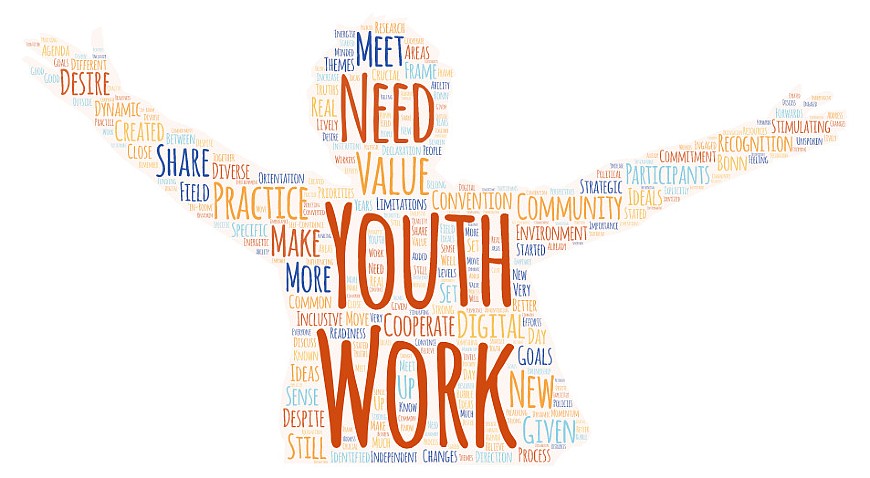
The convention brought ‘strong political momentum’,
Antje Rothemund
The 3rd European Youth Work Convention helped frame a community of practice, which in turn built the shape of the convention from different perspectives, and what was the result? A successful melting pot that connected various characters bound through shared need. There was a multitude of youth work advocates at the convention: hundreds of people from many diverse backgrounds, each passionate about their position and strongly sharing their ideas.
Our nine contributors felt that the connection between the community of practice was rich, with ample common ground. There was a “sense of shared commitment”, and this strong bond meant for some a “feeling like I belong … in the room with engaged like-minded people”. Despite the requirement for the event to be online, the digital approach still allowed for lively, engaging, energetic exchanges, and informal chats could still happen (a vital component part of the magic for events like these). It was underlined by several people that more meaningful face-to-face encounters are vital to discussion and sharing.
The organisation team’s ‘ability to energise everyone
would be something to remember’.
Jacob Kornbeck
The requirements and circumstances for Youth Work with its different perceptions, traditions, stakeholders and practices are very different in Europe
whereas many challenges are obviously the same ones.
Uwe Finke-Timpe
How was the atmosphere? There was a need and readiness to co-operate between different areas; a shared energy and creativity around common goals and values. Many different ideas and challenges were debated and shared: ideas and priorities were given and “shaped with energy”; some “yet unspoken truths were explicitly stated” with honesty and to a wide public including decision makers; and an inexorable commitment from the hundreds of passionate people (and the many that weren’t present, but who were represented) is leading to a “strong political momentum”.
2. The perspective of recognition
Youth work was the cornerstone of the convention. Everyone in your community knows and understands what it is, right? Unfortunately not. Even if awareness of the important role of youth work has increased over recent years, more must be done. As underlined by Howard Williamson (academic advisor to the event) preaching to the converted will not do – you need to address those outside the bubble as well. This widening of perspective, reaching out to others who are not aware or who do not believe in the power of youth work, will be an important step.
This awareness and recognition of youth work comes from seeing and understanding its impact; therefore showing and explaining the added value of youth work, demonstrating the good quality to others is pivotal in changing others’ perspectives of the sector. The youth work community of practice needs to show them what it can do. Even if youth work is respected as “an essential social practice” and an “independent specific field of work” by those who understand the sector and who are persuaded by the impact it can make, it should be better understood, visible and credible as a self-standing work arena by more people – so says the final declaration. Other people need to recognise youth work as a profession, for society to support the competences developed within it (and recognise those too). Widening the perspective of others, and of youth work, is a task for the coming years. The European Youth Work Agenda gives the possibilities and authority to develop all this.
The Convention happened at the right time to shed more light, in society,
politics and social sciences all over Europe,
for youth work to be better known and understood.
Sebastian Vogt
Recognition of youth work by the wider community extends also to the recognition of youth work research. Youth researchers need to be recognised in academia too! A need for a knowledge base is really obvious, and the youth work field in Europe cries out for a recognised youth work research agenda to map the reality, follow the trends, and then to make it clear, understandable and accessible for all.
For the first time, the European Youth Work Agenda gives Europe
a strategic framework to further develop Youth Work
as an independent and specific field of work.
Hans-Georg Wicke
3. The perspective of commitment: “Ask not what the agenda can do for you, but what you can do for the agenda”
It’s the people that make it. The convention was months ago, and now we come to the important question of: what next? How to make sure things change? To take the European Youth Work Agenda forward through the Bonn process (the common effort to put the agenda into action and make it become real), we need to work together towards our common goal while using our expertise and previous experience. But what is next? How can we make sure things are moving forward? Saying it out loud puts a focus on the task and encourages the commitment into action. Let’s see what our nine contributors have said:
Youth Work is one of the four strategic priorities of the Council of Europe youth sector strategy 2030. The Council of Europe will continue to set standards, to build capacity and to foster networks and cooperation in support of youth work. The Council of Europe will advise member states in the implementation of the CM/Rec(2017)4 on youth work. Through the Youth Partnership with the European Commission, the Council of Europe will reinforce support structure, youth research and youth work knowledge in Europe.
Antje Rothemund, Head of the Youth Department, Council of Europe
The EU has adopted a Youth Work Agenda which includes a host of commitments. Sometimes invitations are addressed to Member States and sometimes to the Commission. We will follow up as appropriate; first of all, Erasmus+ and the European Solidarity Corps will further support youth work. We are also planning to cooperate with the various actors in the field in order to ensure synergies between the various activities planned for the Youth Work Agenda’s implementation.
Jacob Kornbeck, Policy Officer in the Unit for Youth, Volunteer Solidarityand Traineeships Office,
Directorate-Generalfor Education, Youth, Sport and Culture, European Commission
The Council of Europe will help operationalise the European Youth Work Agenda through the unwavering commitment of the Council of Europe’s co-managed youth statutory bodies, and its set of unique policy instruments (Quality Label for Youth Centres, European Youth Foundation, Youth Partnership).”
Florian Cescon, Head of the Youth Policy Division, Council of Europe
During the preparation phase of Agenda and Convention we always said, we need to ‘keep the ball rolling’. In the EU Resolution on the European Youth Work Agenda we adopted the idea of creating a ‘Network for youth work development in Europe’. On the European level we see it as one of our tasks to launch the first steps to establish this network within the next months.”
Uwe Finke-Timpe, Head of the European and International Youth Unit,
Federal Ministry for Family Affairs, Senior Citizens, Women and Youth in Germany
1. To contribute to a good follow-up and implementation of the European Youth Work Agenda in the National Working Group in Flanders/Belgium. Youth work development is a perpetuum mobile here;
2. Together with our (youth) colleagues within the EU and the Council of Europe we will further ensure that the European Youth Work Agenda is implemented and followed up. We are obliged to do this in respect of the youth work community of practice;
3. To help ensure that a workable and adequate coordination and follow-up mechanism can be put in place to improve and further develop the quality of youth work in Europe. (Joint Action Task Force)
Jan Vanhee, EU Youth Affairs Attaché at the Department for Culture, Youth and Media
in the Flemish Community of Belgium and
Member of the European Steering Committee on Youth, Council of Europe
“We will take care that the EU Youth programmes actively support the provision, practice and development of Youth Work across Europe and are at service for the implementation of the Bonn Process. As networks of NAs and SALTOs we have and we will implement strategies and approaches for supporting the development of European Youth Work. And we will reinforce its contributions for the development of youth work and the Agenda by setting and supporting specific initiatives like Europe goes local, European Academy on Youth Work, European Training Strategy, Youthpass and others. We are also developing a number of new Strategic Cooperations among NAs. One will be especially focussing on initiatives to support the Bonn Process as NAs with the means of the programmes and link the programmes with the Agenda implementation in the Bonn Process.”
Hans-Georg Wicke, JUGEND für Europa, Head of National Agency for Erasmus+ and
European Solidarity Corps in Germany and organisers of the 3rd European Youth Work Convention
Within the Advisory Council and the Joint Council on Youth I will make sure that the right political decisions will be made to make sure the Bonn Process will be successful.
Sebastian Steffen Vogt, Advisory Council on Youth of the Council of Europe
By promoting the Declaration among stakeholders we interact with and by teaching our students on the European Youth Work Agenda.
Marko Kovačić, Research Fellow and Lecturer in Youth Studies and
Correspondent for the European Knowledge Centre for Youth Policy
Tallinn University will be involved in youth work research and hopefully this is a contribution towards development and quality of youth work but also towards recognition.
Ilona-Evelyn Rannala, Head of Youth Work Management MA programme, Tallinn University
So how does all this read to me? It seems that the strongest guarantee to make sure the European Youth Work Agenda happens is for the different actors to work (better) together, in a more co-ordinated way. All nine stakeholders here agree and commit to similar goals that the agenda frames. Exchange and co-operation is the way to build it, and to make it happen with openness and sustainable partnerships. After 30 years of co-operation in the field of youth, the European Union and the Council of Europe should use this renewed momentum of perspective to co-create more. The seemingly parallel lines should join around the needs of a shared target audience by having common objectives to aim for; the horizon where they meet is imminently closer. Youth work should (continue to) be embedded in long AND short-term specific strategies and policies. Not just at the European level, but also within member states, where the perspective of policy makers at the national level must be invested more in including a priority for youth work (which won’t be easy or evident for everyone). But those bridges need to be built.
Young people are an integral part of our society; they are equally affected by health, finance, employment, and all the other areas that policies relate to – youth issues should not just be kept as an individual silo of work, partitioned away in isolation. Youth (and youth work) should be an integral part of other policies at national and European level. They should be seen and recognised by everyone, including our own friends and families, as a natural part of the whole system, making a difference in communities everywhere.
This isn’t just about infrastructure or online spaces to unite, but also about an ability and attitude of people to open up with a readiness to co-operate between different areas – especially for young people themselves to join in and make the space their own, to contribute meaningfully. And it’s not just young people that should and must be involved. It’s also practitioners. Space and time must be made. Time to connect, share and think through issues from their different perspectives. Having practitioners involved in the discussion, planning and implementation of policy, so that it is relevant for them, would be an important step forward. The often-talked-about connection between practice, policy, research and young people also means that a common language is used. So, clarity of understanding is crucial. “What is said in documents and how it’s understood by practitioners” isn’t always the same thing, says Ilona-Evelyn. We all know that communication is a two-way thing: so both listening and speaking up are needed. All voices must be heard, understood and translated, for the power of the people to make a change!
As an author with such a surname I can underline this, and would like to also add my own perspective: it’s the people that make it, and the people that can change it, together: Nicos, Demos – people, power, victorious :-).
4. The perspective of 2025
What are your dreams and expectations for the next years? Taking into account the 3rd European Youth Work Convention, its declaration, the commitments from institutions, the policies made to frame those, and all associated follow-up action from the whole community of practice – how can all this make a difference? Our nine contributors had many wishes to aim for...
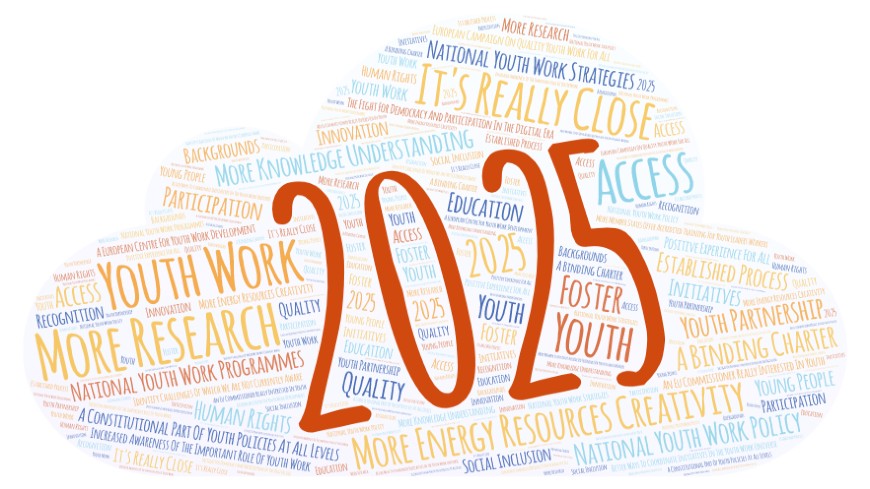
 2025 – an Oh poem (inspired by young poetry slammers, but still can’t compete…)
2025 – an Oh poem (inspired by young poetry slammers, but still can’t compete…)
Written by Susie Nicodemi, with inspiration and acknowledgement to be given to the nine contributors
Oh, four years to go until the next Convention.
As we grow the Youth Work together,
A few dreams and ambitions deserve a mention
While the Corona challenges in solidarity we weather.
Oh, for a Decision Maker really interested in youth,
To appreciate the quality of what we do.
Oh, to give your job title and others see the truth
Without reducing, apologising, or changing you.
Oh, for youth leaders and workers to follow structured learning!
To flourish through courses, certified training too
Part of your national system, so granny stops her eyes turning
And finally understands the job that you do!
Oh, for youth work to be salient in the policy!
Not vague terms in Council Recommendations
But in real accessible words to see
In my own voice, language, town and nation
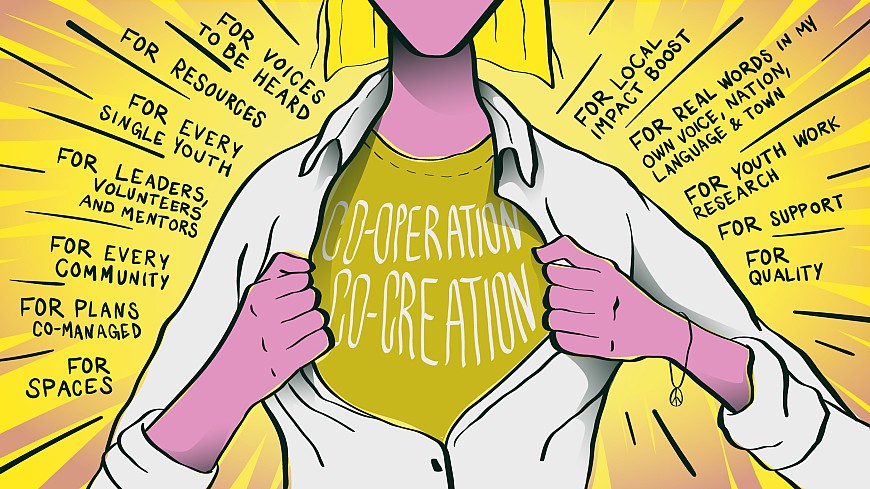
Understood by her, by them, by me
An unfailing demand for quality
Ensuring youth work in every community
A right for support, no scrambling to plead.
Oh, for youth work research to find the light of day!
Not hunkered in the shadows where hobgoblins lurk;
To be well-funded and understood for all to say
About the how, the who and the why of youth work.
For youth work development driven by a European Centre
Compared and built on, for local impact boost
For youth workers, leaders, volunteers and mentors,
For every community and every single youth.
Oh, for resources to be given and spaces made,
For plans co-managed and voices to be heard,
New initiatives to come out from under the shade.
Co-operation and co-creation: heed the words.
Oh, let’s take the commitment to synergise
2020’s momentum must carry us farther
Less gaps, more dreams, let’s visualise
A more connected future is what we’d rather.
Oh, for youth work to be a right for all young persons!
It’s set in our sights, towards that we must drive.
Together we must work to solve all these concerns.
Let’s reckon on the strive towards 2025.
1. Core definition: The youth work community of practice are people with a common interest who collaborate over an extended period of time, sharing ideas and strategies, determining solutions and building innovations. It incorporates all kinds of youth work and all kinds of stakeholders in the field of youth work.

